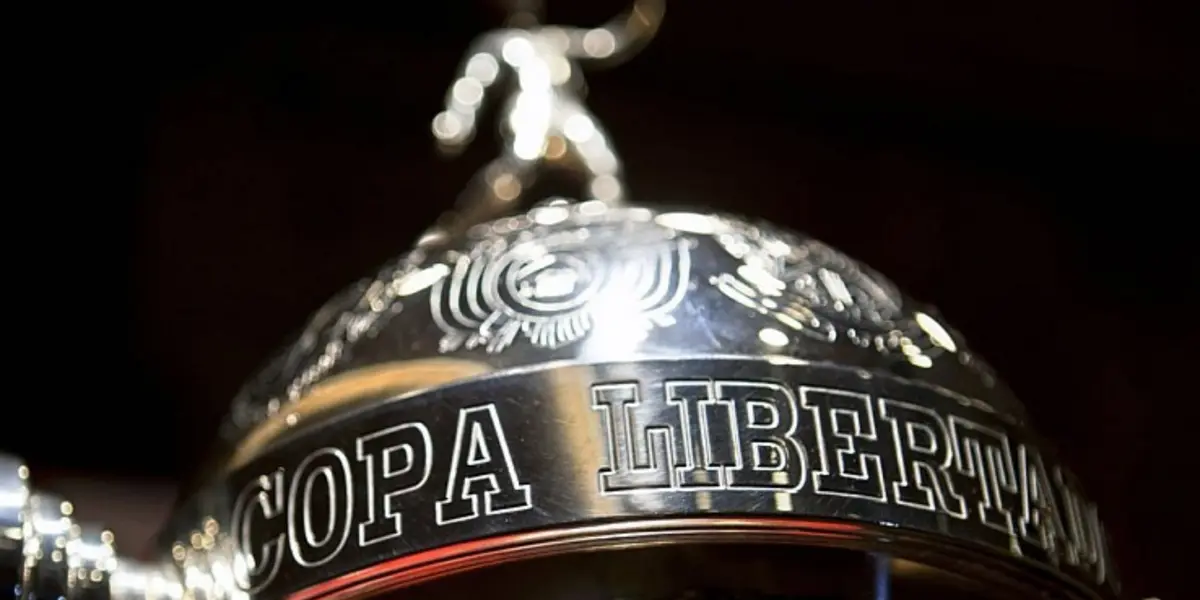
The Copa Libertadores da América, commonly known as the Copa Libertadores, stands as one of the most prestigious football tournaments in the world. Organized by the South American Football Confederation (CONMEBOL), it has a rich history that reflects the passion and competitive spirit of South American football. This article delves into the origins, evolution, and impact of the Copa Libertadores, celebrating its legacy and significance in the footballing world.
Origins and Early History
Foundation and Concept
The Copa Libertadores was founded in 1960, inspired by the European Champions Cup (now UEFA Champions League). Its inception aimed to crown the best football club in South America, promoting intercontinental competition and enhancing the level of the sport in the region.
First Tournament
The inaugural tournament in 1960 featured seven teams, each representing their respective countries. Peñarol of Uruguay emerged victorious, setting a high standard for future competitions. The initial success of the tournament solidified its place in South American football.
Evolution of the Tournament
Expansion of Teams
Over the years, the Copa Libertadores expanded its format to include more teams. By the 1970s, it had grown to accommodate multiple clubs from each country, increasing competition and broadening its appeal.
Changes in Format
The tournament format has undergone several changes, including the introduction of group stages and knockout rounds. These changes aimed to ensure a fair and exciting competition, keeping fans engaged throughout the tournament.
Introduction of Away Goals Rule
In the 1980s, the away goals rule was introduced, adding another layer of strategy to the matches. This rule has often played a crucial role in determining the outcome of tightly contested ties.
Iconic Moments and Matches
The 1969 Final: Estudiantes vs. Nacional
One of the most memorable finals in Copa Libertadores history was the 1969 clash between Estudiantes and Nacional. Estudiantes won the title, showcasing their dominance in South American football during that era.
River Plate vs. Boca Juniors (2018 Final)
The 2018 final between River Plate and Boca Juniors is considered one of the most dramatic and historic matches in the tournament’s history. Held in Madrid due to security concerns, River Plate triumphed in a match that captured global attention.
Legendary Teams and Players
Santos and Pelé
Santos, led by the legendary Pelé, won back-to-back titles in 1962 and 1963. Pelé’s extraordinary talent and leadership were instrumental in their success, earning him a place in football history.
Boca Juniors’ Dominance in the 2000s
Boca Juniors dominated the Copa Libertadores in the early 2000s, winning four titles in seven years. Under the management of Carlos Bianchi and with players like Juan Román Riquelme, they became a formidable force in South American football.
Impact on South American Football
Enhancing Club Competition
The Copa Libertadores has significantly enhanced the level of club competition in South America. Clubs invest heavily in player development and infrastructure, striving to compete at the highest level.
Economic and Social Influence
Winning the Copa Libertadores brings substantial economic benefits to clubs, including prize money, sponsorship deals, and increased fanbase. It also has a profound social impact, fostering a sense of pride and community among fans.
Challenges and Controversies
Security Concerns
Security has often been a concern, with several matches marred by violence and crowd trouble. Measures have been implemented to improve safety, but it remains an ongoing challenge.
Refereeing Controversies
Refereeing decisions have sparked controversies over the years, leading to debates about fairness and the need for technological aids like VAR (Video Assistant Referee).
Modern Era and Future Prospects
Influence of Technology
The introduction of VAR and other technological advancements has modernized the tournament, aiming to reduce errors and enhance the quality of officiating.
Global Reach and Broadcasting
The Copa Libertadores has expanded its global reach, with matches broadcasted to a worldwide audience. This has increased its popularity and commercial appeal.
Future Developments
Future developments include potential expansion of the tournament format, increased investment in infrastructure, and initiatives to promote youth participation in football across South America.
Conclusion
The Copa Libertadores da América is not just a football tournament; it is a celebration of South American passion, talent, and resilience. Its rich history, legendary matches, and iconic players have cemented its place in the pantheon of global football. As it continues to evolve, the Copa Libertadores will undoubtedly inspire future generations and uphold its legacy as the pinnacle of South American club football.